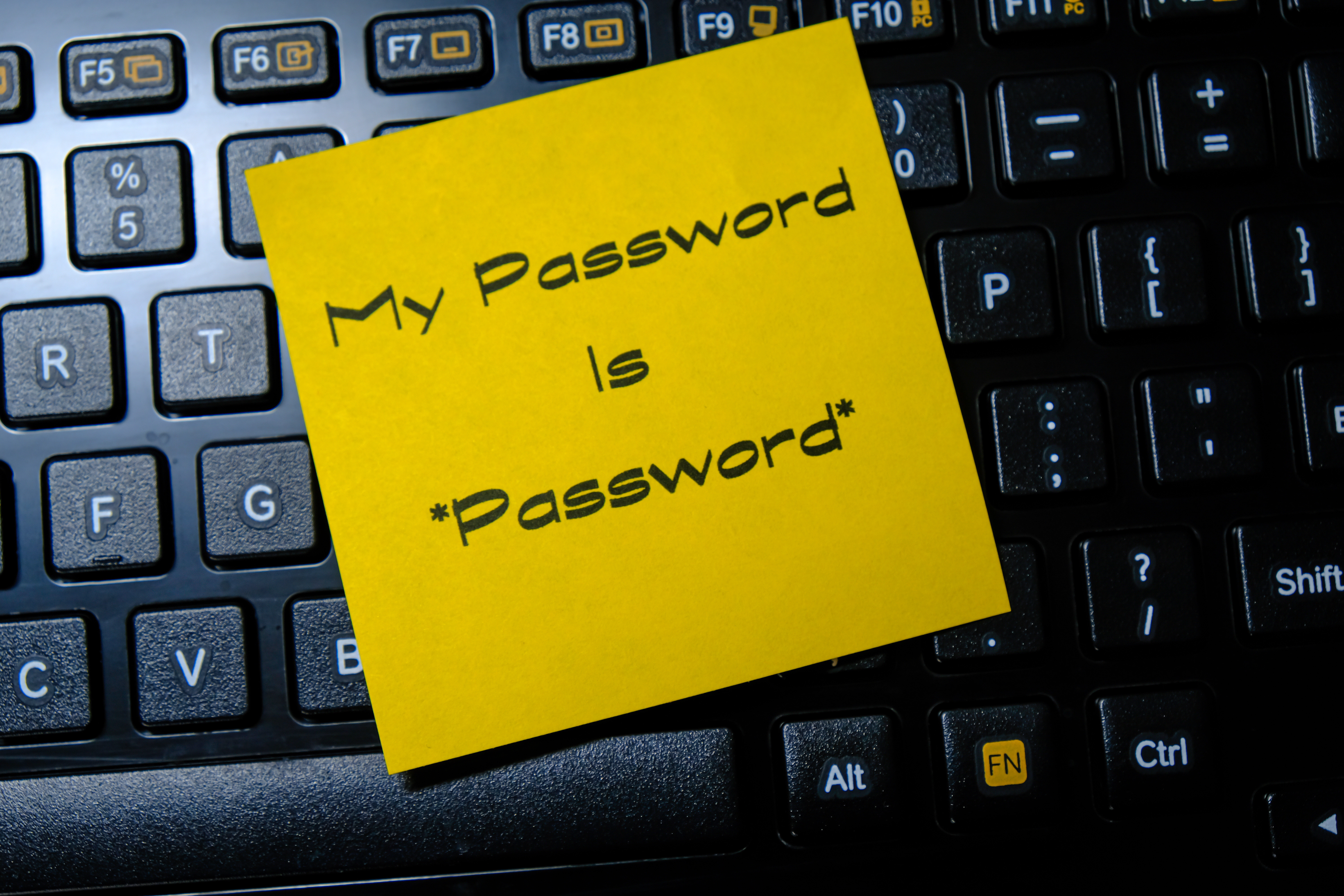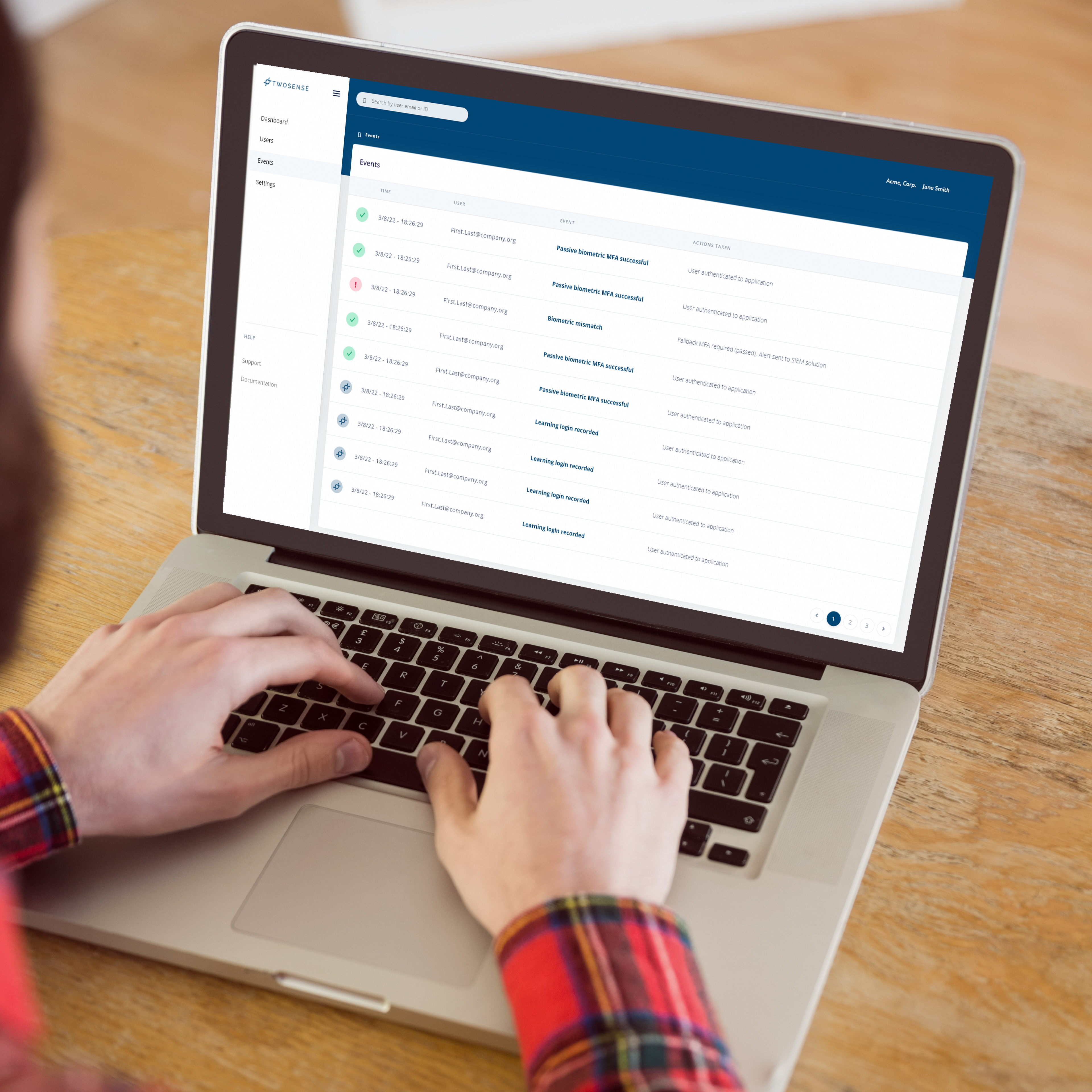Business Process Outsourcing (BPO) security professionals face many challenges in safeguarding their organizations. Among the most critical threats are password sharing and unauthorized device use. These practices compromise sensitive data and pose a substantial risk to BPOs' overall security posture. This blog will explore how behavior-based authentication, like Behavioral MFA, can mitigate these risks, providing a more secure and cost-effective solution than traditional methods like mobile phones or YubiKeys.
Credential Sharing in BPOs
Credential sharing is a pervasive problem in many organizations, especially in BPO environments where multiple employees access the same systems. Sharing credentials—digital, written, or word of mouth—can have devastating consequences. Unauthorized users, both internal and external, can gain access to systems they shouldn't, significantly increasing the likelihood of data breaches and other security incidents.
Recent studies indicate that nearly half of all employees share credentials with their colleagues, and an even more significant percentage fail to recognize the associated security risks. For BPO security professionals, this creates a critical vulnerability. Traditional methods to prevent credential sharing—such as employee training, strict policy enforcement, and log monitoring—often fall short. These measures can be cumbersome and may create an unfriendly user environment, ultimately decreasing productivity and compliance.
The Limitations of Traditional Security Measures
Traditional MFA solutions, like one-time passwords (OTPs) sent to mobile phones or hardware tokens like YubiKeys, are commonly used to authenticate users. However, these methods come with their own set of challenges:
- User Frustration: OTPs are inconvenient and disruptive, especially in high-pressure BPO environments where speed and efficiency are critical. Hard tokens are easily broken, lost, or misplaced, causing delays and additional administrative overhead.
- Operational Costs: Managing and maintaining physical tokens adds to the security budget. This includes the cost of purchasing devices, replacing lost or damaged tokens, and the administrative burden of managing these devices.
- Security Gaps: Despite their use, traditional MFA methods are still vulnerable to attacks. SIM swapping, phishing, and other social engineering tactics can compromise these methods, making them less effective against sophisticated threat actors–or, worst case, a complicit agent working with a threat actor.
Behavioral MFA: A Game-Changer for BPO Security
Behavioral MFA offers a more advanced and secure solution to combat the challenges of password sharing and unauthorized device use. Unlike traditional MFA, which relies on external factors like tokens, behavioral authentication uses the inherent "fingerprint" of a user to confirm their identity. It provides continuous, persistent authentication by constantly monitoring how someone interacts with their device. Even if credentials are compromised, a fraudster won't be able to mimic a user's distinct behavior. Here’s how it works:
- Unique User Profiles: Each user’s interaction with the system is unique. This uniqueness allows us to utilize machine learning to build behavioral profiles for each user. Each model learns and adapts to changing behaviors to biometrically authenticate the user invisibly at every MFA challenge.
- Continuous Monitoring: Each user's unique behavioral profile allows our software to validate their identity and authenticate them not by what they’re doing but by how they’re doing it, generating a level of trust for every interaction in the background. That trust score is used continuously throughout the day to analyze user behavior dynamically and either authenticate the user or flag suspicious behavior.
- Real-Time Risk Scoring: Twosense generates a real-time risk score by analyzing multiple behavioral factors to determine the likelihood that the user is who they claim to be. If the risk score exceeds a certain threshold, access can be automatically denied, or additional verification steps can be triggered.
The Advantages of Twosense for BPO Security
- Enhanced Security: Twosense uses a combination of behavioral biometrics to provide a more secure authentication method that is resistant to phishing, credential stuffing, and other common attack vectors.
- User-Friendly: The authentication process is seamless and runs in the background, so it does not disrupt the user’s workflow, reducing frustration and increasing compliance.
- Cost-Effective: With Twosense, there is no need for physical tokens or reliance on mobile devices, which significantly reduces operational costs. Moreover, integrating with existing Identity and Access Management (IAM), Single Sign-On (SSO), and MFA infrastructure ensures minimal disruption and swift deployment.
- Compliance and Audit Readiness: Behavioral MFA can help organizations meet stringent compliance requirements like PCI 4, making them audit-ready and reducing the risk of penalties.
Conclusion
For BPO security professionals, the stakes have never been higher. With the increasing threat of credential sharing and unauthorized access, it is crucial to adopt robust authentication solutions. Behavioral MFA offers an innovative approach that not only strengthens security but also enhances the overall user experience. Integrating behavioral biometrics into your security posture can mitigate risks, reduce costs, and ensure compliance, protecting your organization from potential security breaches.
It's time to move beyond conventional authentication methods and embrace a more secure and efficient future with Behavioral MFA. Make the shift today and safeguard your BPO operations against ever-evolving threats.



